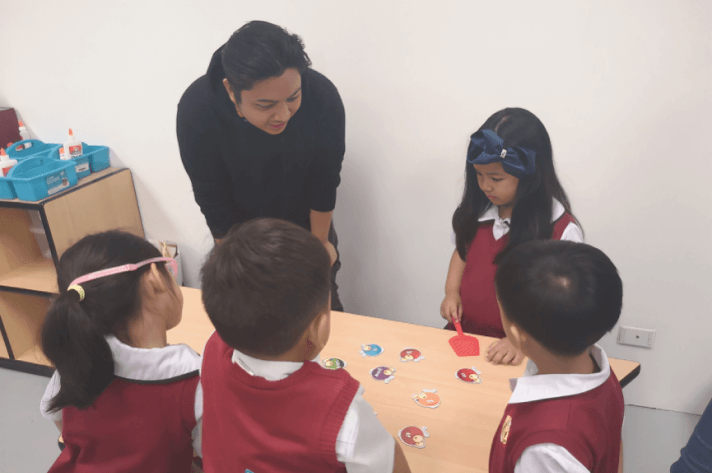
- July 18, 2024
- Admin
- 0
The Importance of Play-based Learning in Kindergarten
[ez-toc]Introduction
When it comes to the importance of play-based learning in kindergarten, one needs to understand that children that small can learn no other way. They don’t know the alphabet yet and playing is something that comes naturally to them. You could say that it is almost a no-brainer that play-based learning is the best approach in kindergarten. The kindergarten schools in Manilla are a fine example of such schools. There are, however, formalised ways of using that system of learning that leverages a child’s innate sense of curiosity and playfulness to help them learn.What is Play-based Learning?
When you hear the term play-based learning what is being referred to is a methodology that is critical in helping children that small develop learning skills that lead to their development. It enables them to develop the core skills of critical thinking and problem-solving, as well as learn to use creativity in their learning process. Besides, it helps the children hone their social skills by getting the hang of cooperation and effective communication. Moreover, playing is something that comes naturally to children that small and any learning they do in the process is fun for them, helping inculcate the joy of learning in them from the very beginning. A fine example of this would be the Chinese schools in Manila.Importance of Play-based Learning
The importance of play-based learning can hardly be underestimated, for it helps lay the very foundation of a child’s journey in the world of formal education. By making it natural and fun for children to start learning from an early age, play-based learning ensures that every child develops a healthy attitude towards the process of learning and does not feel burdened by it. Let us look at what exactly makes it so important.Natural Learning Environment
There isn’t a more natural environment than that provided by play-based learning. The desire to play is part of a child’s intrinsic nature and using that to educate him or her ensures that the child in question takes to learning in the right spirit and does not dislike or resent the process. Play-based learning provides children with an environment of joy, which translates into a long-term love of learning.It Helps Children Develop Physically
Play-based learning in kindergartens keeps the children physically active, helping them develop well in body and mind. In particular, it helps them develop their motor skills. That in turn, will help them learn better and develop a keen interest in their environment. It will also help them develop key life skills like communicating with others.

